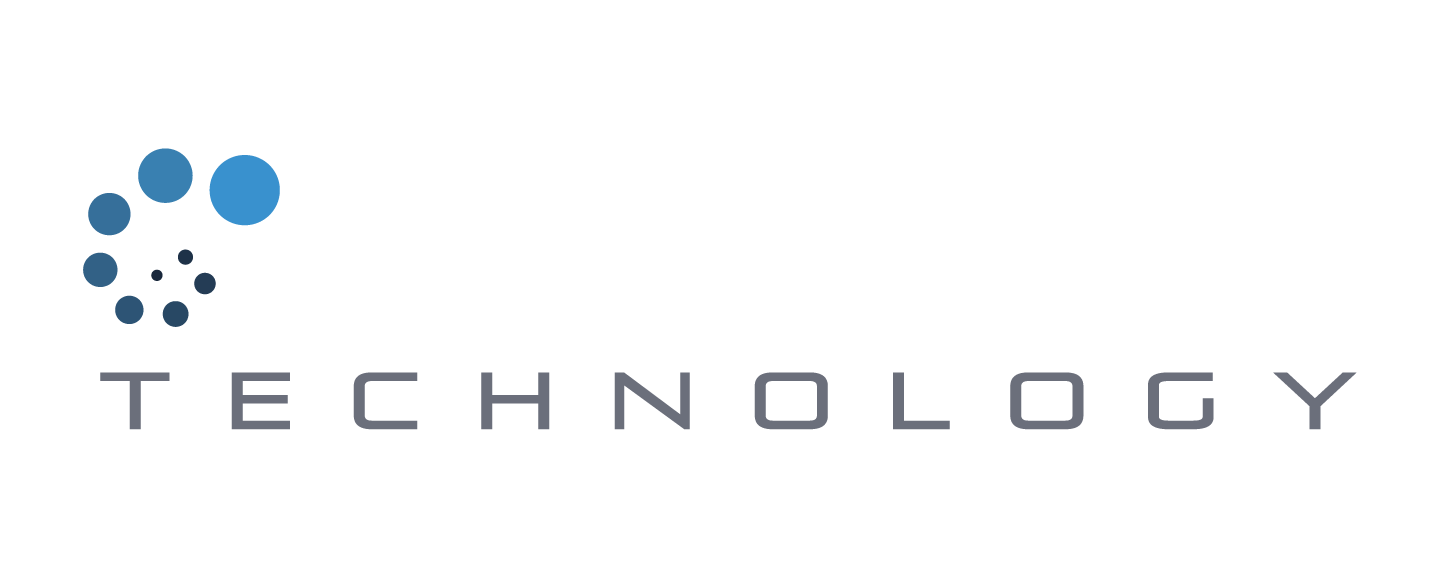Imagine a thief breaking into your house, rearranging your furniture and walking out without taking any of your precious belongings. They then provide you with a detailed blueprint of every vulnerability in your home security system so you can protect yourself next time around.
Now imagine thanking them and giving them a paycheck. That’s essentially the world of white-hat hackers—cybersecurity’s Robin Hoods—helping organizations protect themselves by exposing weaknesses before the bad guys do.
The Growing Threat Landscape
In an era of escalating cyber threats, corporate leaders are under immense pressure to safeguard their organizations from potential breaches. Within the cybersecurity solutions space, I’ve seen white-hat hacking penetration testing as a proactive approach gaining traction. Also known as ethical hacking, it involves hiring cybersecurity professionals to simulate attacks on an organization’s systems to identify vulnerabilities before malicious hackers can exploit them.
So, think of your company as a castle filled with valuable treasures: Customer data, financial reports, intellectual property and trade secrets. Then think about Robin Hood and his Merry Men crossing the drawbridge and knocking on your gate, not to steal any of it but to help you fortify your defenses.
While some leaders may hesitate to open their doors, the benefits of embracing this approach can be both numerous and compelling.
How Ethical Hackers Help You Fortify Your Digital Defenses
Forrester’s “Predictions 2025: Cybersecurity, Risk, and Privacy” says that the cost of cybercrime is projected to reach a staggering $12 trillion this year, while a mere 16% of global security decision-makers (paywall) viewed testing and refining incident response processes as a top tactical priority. Cybercriminals are laughing all the way to the bank.
Kevin Mitnick, famous for having been on the FBI’s Most Wanted list for hacking numerous major corporations, later became a trusted security consultant. His transformation highlights the power of ethical hacking—using the same skills as cybercriminals to stay ahead of threats.
Apart from financial reasons, here are some other solid reasons to employ a white-hat hacker:
- Stay on the right side of the law. Industries governed by strict cybersecurity regulations like GDPR, HIPAA and CCPA must prioritize robust security measures. Proactively testing your defenses not only helps you avoid costly penalties but also demonstrates to regulators that your commitment to safeguarding data is genuine.
- Enhanced customer trust. Data breaches can devastate a customer’s faith in your company. A study by PwC revealed that 79% of consumers say protecting their data is very important to earning their trust.
- Cost-effective security strategy. Hiring ethical hackers costs money, but it’s a drop in the bucket compared to dealing with a data breach which runs at an average $4.88 million in 2024—a 10% increase over the previous year, according to an IBM report. Beyond financial losses, breaches often result in legal fees, operational downtime and reputational harm.
- Preparation for evolving threats. Cyber threats are constantly evolving, with attackers employing increasingly sophisticated techniques. Ethical hackers stay up to date with the latest attack methods, ensuring that your organization’s defenses are robust against emerging threats.
- Prove your defenses work. Perhaps you’ve already invested heavily in cybersecurity tools, and you’re patting yourself on the back for being so proactive. But allowing a white-hat hacker to run a penetration test can give you extra peace of mind. It’s just like a fire drill for your IT systems.
- Competitive advantage. Robust cybersecurity can set you apart from your competition. An investment in penetration testing signals to clients, partners, and stakeholders that you take security seriously—a powerful selling point in industries where trust is paramount.
Finding Your Robin Hood
So, how do you find the right ethical hacker and onboard them to ensure alignment with your organization’s goals and security needs?
- Work with trusted firms. Seek out reputable companies with a solid track record. Make sure they have worked with other clients in your industry and understand its particular vulnerabilities.
- Ask for referrals. Tap into your professional network or ask industry peers for referrals. Personal recommendations often point you toward skilled and dependable ethical hackers.
- Interview and test. Have in-depth conversations with potential candidates. Test their technical knowledge, communication skills and problem-solving methods. Reviewing their past work can help you gauge whether their approach matches your needs.
- Set clear expectations. Create a detailed agreement that defines the scope of work, confidentiality requirements and how findings will be reported. This ensures everyone is on the same page and your sensitive data is safeguarded.
- Integrate with internal teams. Introduce ethical hackers to your IT and security teams to foster collaboration. Make roles and communication channels clear to avoid friction. Keep in mind your in-house team may well be resistant to having their security protocols tested.
- Review and improve. Regularly evaluate how the ethical hacking process is going. Use feedback to adjust strategies and tackle any roadblocks.
Going Forward
Ethical hackers are your secret weapon—a team of modern-day Robin Hoods working to protect your castle from unseen invaders. By embracing their expertise, you’re not just plugging holes in your defenses but taking a bold, proactive stance against a constantly evolving threat landscape.
It might feel counterintuitive to invite someone to challenge your systems, but the payoff can be undeniable: stronger defenses, enhanced trust, regulatory compliance, and a competitive edge in an increasingly digital world. Cybercrime isn’t slowing down, and neither should your efforts to stay ahead of it.
As you consider your cybersecurity strategy, ask yourself: will you wait for the enemy to breach the gates, or will you invite the Robin Hood of cybersecurity to show you how to fortify them? The choice is clear—and the time to act is now.
(Originally posted for Forbes Business Council)







